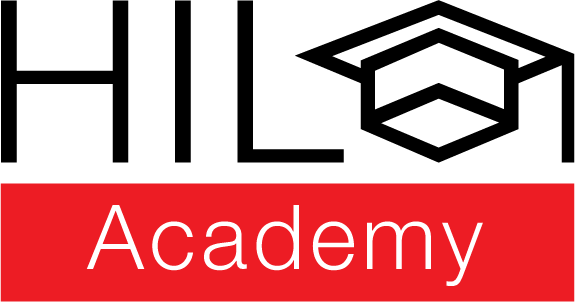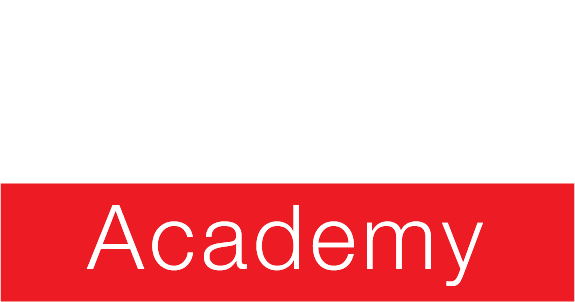About this Specialization
Electrical energy generation, transportation, and utilization systems are constantly evolving, and the cornerstones of these changes are power electronics converters. The Power Electronics – Converter Circuits Fundamentals Specialization program reviews the most important converters and their operating principles, offers you the opportunity to expand your knowledge and prepare you for active participation in the forthcoming transition in how we use electrical energy.
Whether you are an electrical engineer looking to branch out into a new field of study, or you simply want to refresh your power electronics knowledge, the Converter Circuits Specialization course is designed to provide the additional information and clarification you need to succeed in your power electronics applications. Only a basic understanding of electrical engineering concepts is needed as a prerequisite for the Specialization, so you can follow the material even if you do not have a strong electrical engineering background.
After completing this Specialization, you will:
-
Understand how power electronics converters operate.
-
Be able to derive relevant waveforms and equations, starting from converters’ topologies.
-
Understand principles of how systems based on power electronics devices function.
-
Be able to analyze advanced converter topologies.
-
Be ready to start learning how we control power electronics devices.
There are 5 Courses in this Specialization
-
Semiconductor Components
In this course, the fundamentals of switching components used in power electronics devices are explained. The most important characteristics of these components are discussed. Elementary circuits with uncontrollable, semi-controllable, and controllable components are analyzed.
-
DC - DC Converters
The analysis of converter topologies in this Specialization starts with the converters with the smallest number of switching components – choppers and DC power supplies. Different techniques for DC voltage conversions are addressed. The operation principles of single-, two-, and four-quadrant choppers are analyzed, as well as non-isolated and isolated DC supplies.
-
AC - DC Converters
This course covers one of the most important converter groups – rectifiers. Detailed analyses of single- and three-phase rectifiers, diodes, and thyristor-based rectifiers are given, together with the most common applications. The possibilities of the converter’s output filtering stages are discussed. Power quality issues are also examined.
-
DC - AC Converters
Basic operating principles of the inverters, another converter group of major importance, are explained in this course. Single- and three-phase transistor inverters are addressed. Attention is given to the modulating techniques used for these converters and their influence on power quality.
-
AC - AC Converters
Converters that provide direct conversion from AC to AC variables are presented in this part of Specialization. Single- and three-phase cycloconverters, matrix converters, and soft starter operating principles are explained.
Have you successfully completed all the courses within this specialization?
Get your Certificate of Specialization!
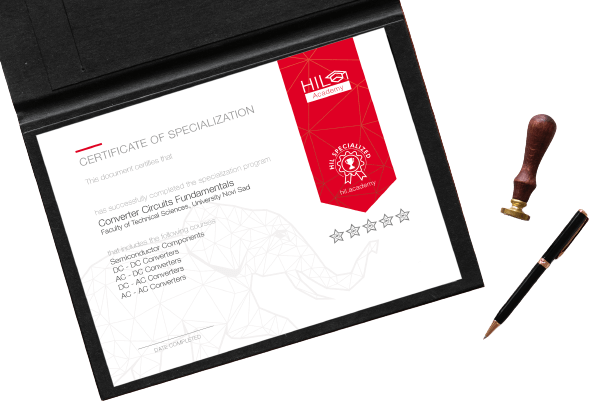
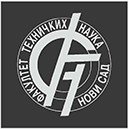
Faculty of Technical Sciences, University Novi Sad
The Faculty of Technical Sciences is a higher education institution located in Novi Sad, an independent part of the University of Novi Sad. It was founded in 1960 and today, with about 1200 employees and almost 14,000 students, is one of the largest faculties in the region.
